Address
2 Porters Mews
Codicote, Hertfordshire SG4 8US
Send An Enquiry
info@manufacturingsolution.co.uk
Address
2 Porters Mews
Codicote, Hertfordshire SG4 8US
Send An Enquiry
info@manufacturingsolution.co.uk
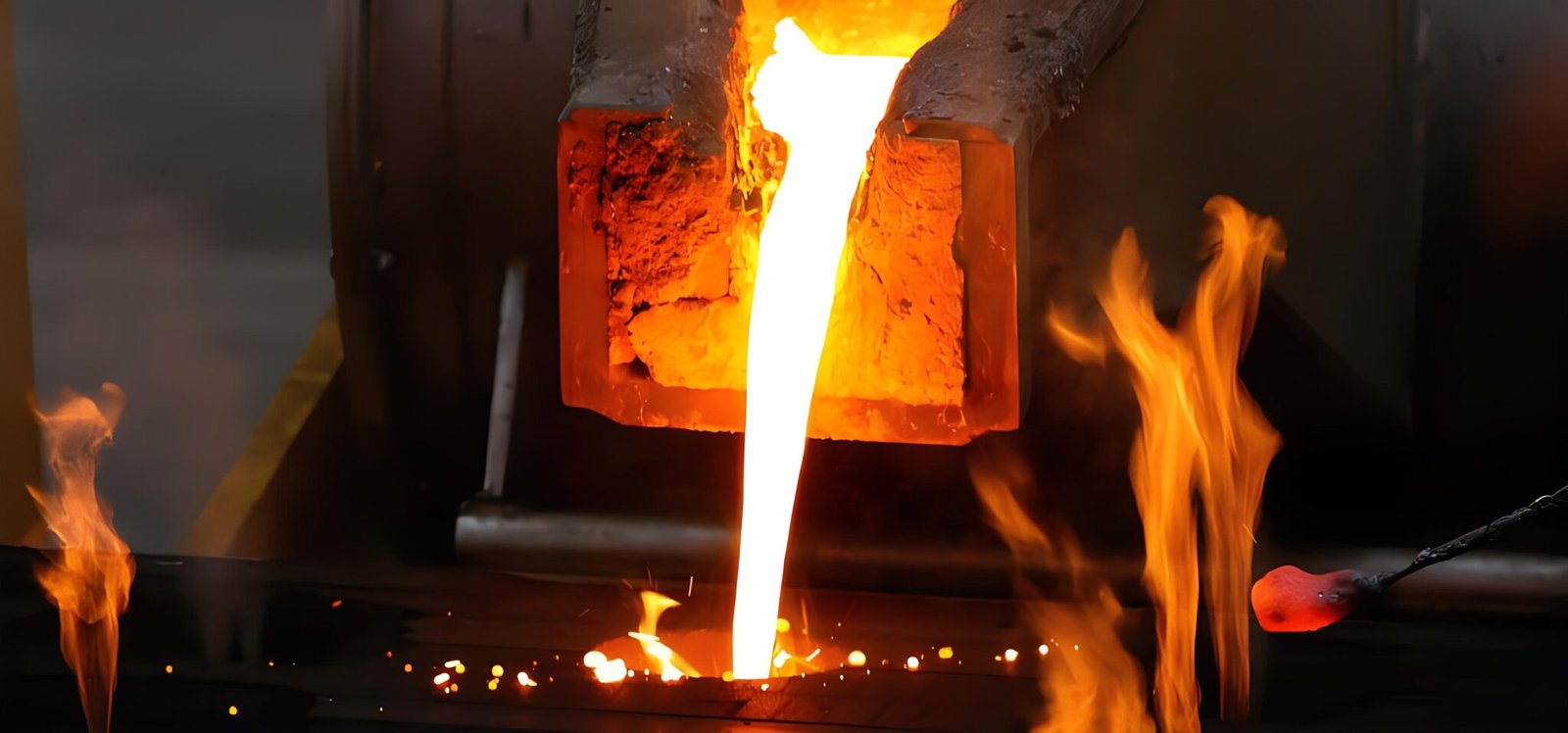
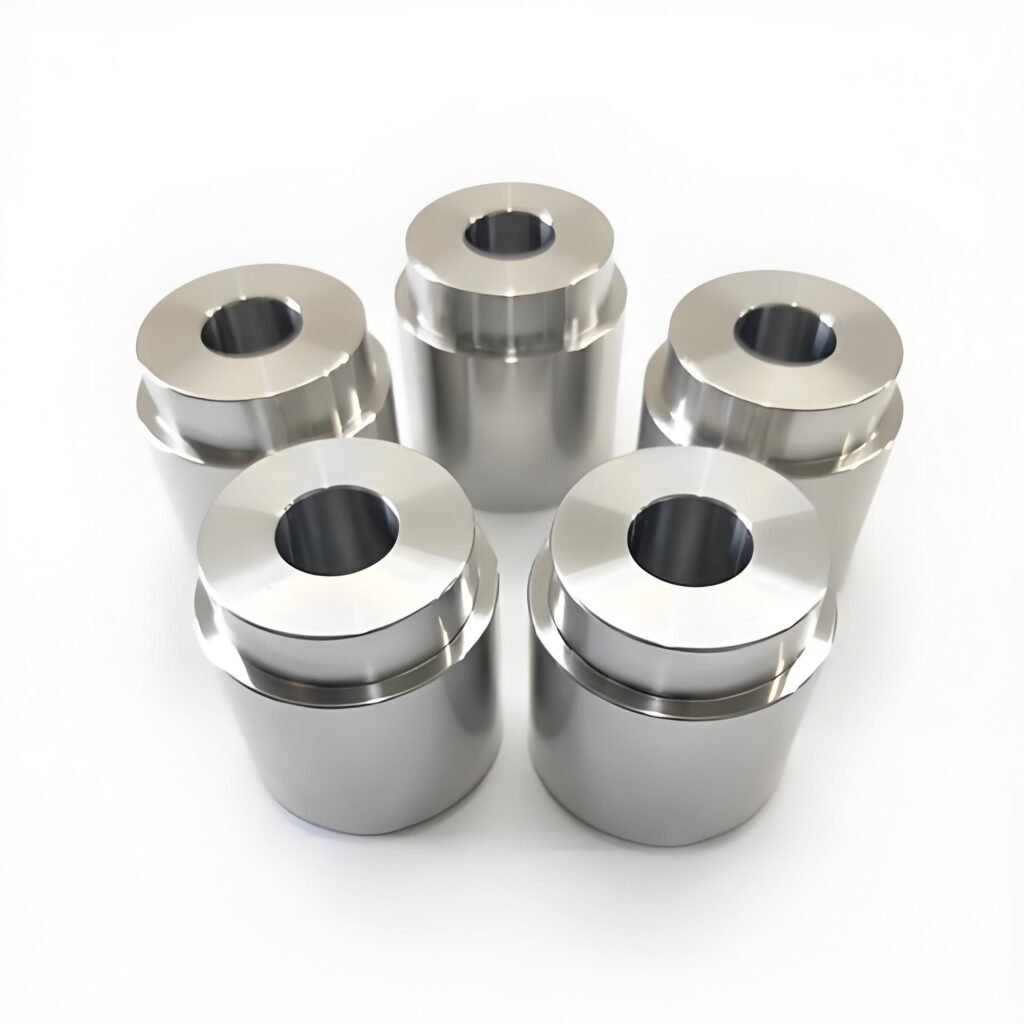
Precision casting, also known as investment casting, is a process that enables the production of highly detailed and accurate components. This method involves creating a high-definition wax model of the desired part, which is then encased in a ceramic shell to form a mould. Once the wax is melted away, molten metal is poured into the cavity, where it solidifies into a precise replica of the original model.
Stainless steel, as a material, brings the added benefits of exceptional durability, corrosion resistance, and a high strength-to-weight ratio, enhancing the functional quality and longevity of the cast products. This combination of precision casting capabilities and the inherent properties of stainless steel ensures exceptional dimensional accuracy and superior surface finishes, making it ideal for critical components across a variety of industries. In this Article, we will explore the top 5 benefits and critical applications of stainless steel precision casting.
Stainless steel is an alloy predominantly made from iron combined with chromium, which typically comprises at least 10% to 11% of the total composition. The inclusion of chromium is crucial as it forms a passive layer of chromium oxide on the material’s surface, which effectively protects the iron base from rust and corrosion. This intrinsic resistance to corrosion makes stainless steel an ideal choice for countless applications across various industries, from kitchen utensils to surgical instruments and building infrastructure.
The unique properties of stainless steel are enhanced further when utilised in stainless steel precision casting. This process allows for the creation of parts and components that not only benefit from the inherent strength and anti-corrosive properties of stainless steel but also from the high precision and detail that precision casting provides. The versatility of stainless steel precision casting is evident in its ability to produce components that meet strict dimensional tolerances and complex shapes, which are often required in highly specialised industrial applications.
Moreover, stainless steel precision casting is celebrated for its ability to maintain the integrity and properties of stainless steel while delivering components with superior surface quality and detail. This capability is particularly crucial in fields such as aerospace, automotive, and energy sector, where the performance demands are rigorous and often critical. The adaptability of stainless steel in the precision casting process makes it an indispensable resource, providing industries with durable, reliable, and high-quality parts that meet their exacting standards.
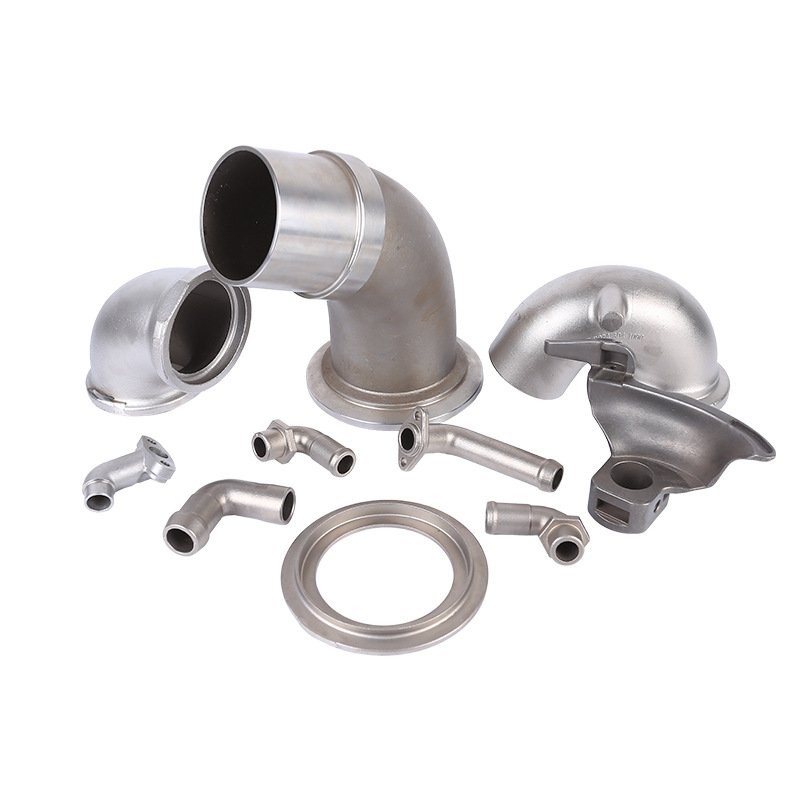
Stainless steel is not a single material but a family of over 150 grades, each with unique properties and compositions tailored to specific applications and environments. These grades are typically divided into five main types: austenitic, ferritic, martensitic, duplex, and precipitation hardening stainless steels. Austenitic stainless steels, such as 304 and 316, are known for their superior corrosion resistance and excellent formability, making them ideal for use in environments where resistance to corrosion is paramount. Martensitic stainless steels, like 410 and 420, offer higher strength and wear resistance but lower corrosion resistance, suitable for cutting tools and surgical instruments.
When we mention stainless steel precision casting, the choice of stainless steel grade significantly impacts the final product’s performance and suitability for specific applications. Each grade’s unique chemical composition can influence the casting process, affecting everything from fluidity and shrinkage to the integrity of the final cast.
Precision in stainless steel precision casting is not limited to the complexity of shapes but also extends to dimensional tolerances. The tolerances in stainless steel precision casting typically range from CT4 to CT7, according to the Casting Tolerance Standards. This range allows for highly precise manufacturing that can meet stringent specifications without the need for extensive post-casting machining. These tight tolerances are critical in high-performance industries where even minor deviations can lead to significant issues in the assembly or operation of the finished product.
Utilising stainless steel precision casting enables manufacturers to exploit the specific properties of different stainless steel grades while achieving exceptional accuracy and detail in the finished parts. This method’s capacity to maintain tight tolerances ensures that each casting meets the required specifications with a high degree of reliability and consistency. This precision, coupled with the robust characteristics of stainless steel, makes stainless steel precision casting a preferred choice for industries like aerospace, railway, automotive, oil and gas as well as marine industry where both material performance and dimensional accuracy are crucial.

Stainless steel investment casting is highly valued for its precision and versatility, offering several key advantages that make it indispensable in various industrial applications:
These advantages underscore why stainless steel investment casting is a preferred choice for industries requiring high-performance components with detailed accuracy and longevity.
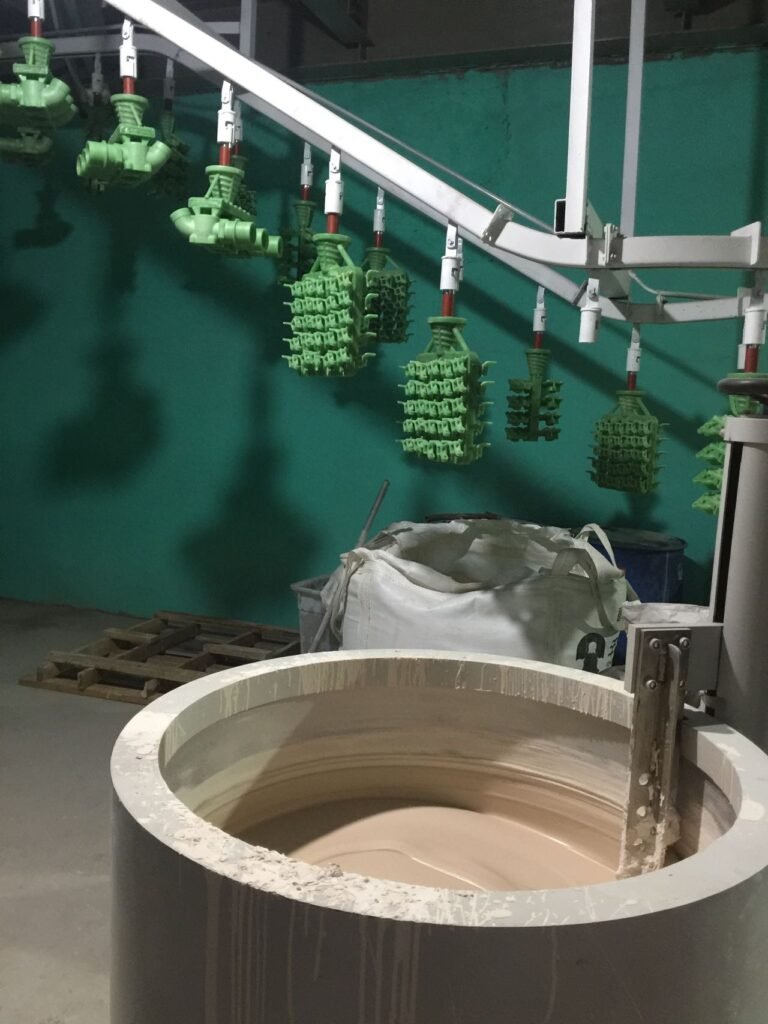
The aerospace industry, known for its stringent requirements for durability, precision, and resistance to harsh environments, heavily relies on stainless steel precision casting to meet its exacting standards. The unique properties of stainless steel, combined with the high fidelity of precision casting, make it an essential manufacturing approach for a range of aerospace components.
One of the primary applications of stainless steel precision casting in the aerospace sector is in the production of engine components. Stainless steel’s ability to withstand high temperatures and resist corrosion makes it ideal for parts like turbine blades and exhaust systems. These components benefit immensely from the high-temperature resistance of specific stainless steel grades, which maintain strength and structural integrity under extreme heat.
Landing gear is another critical application. The parts produced through stainless steel precision casting include the gear’s structural housing and linkage systems, which require both toughness and impact resistance. The precision casting process ensures that these components are robust and durable enough to handle the stresses of takeoff, flight, and landing, while adhering to precise dimensional tolerances and reducing the need for additional machining.
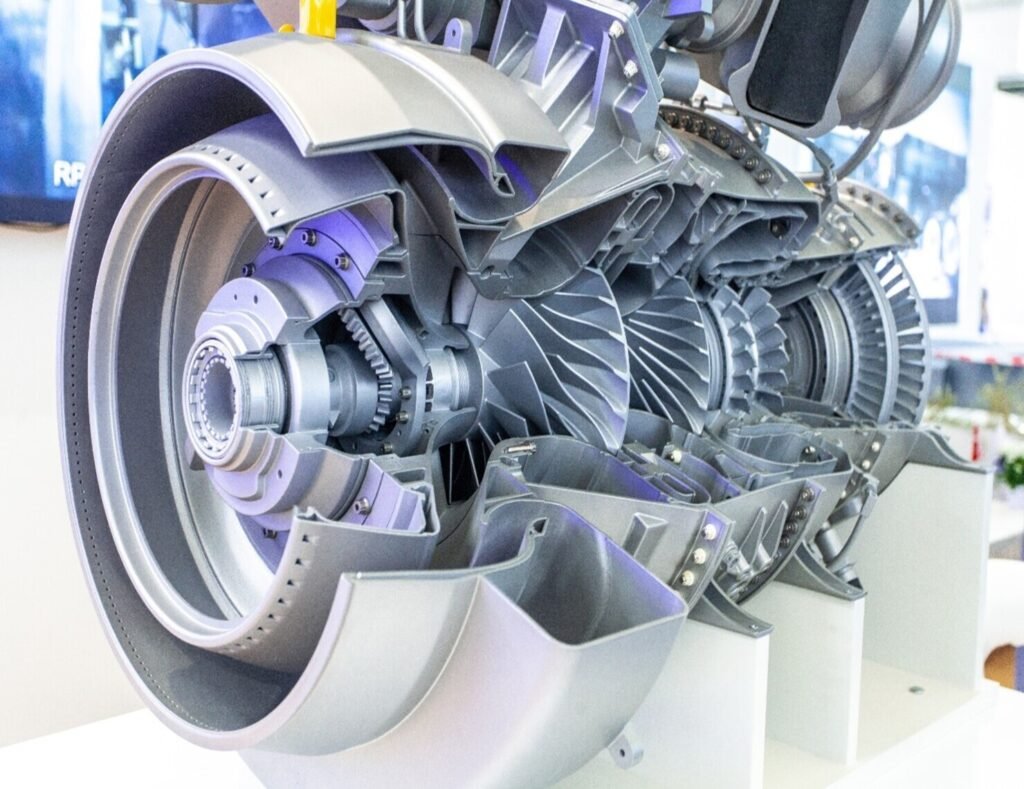
Furthermore, the intricate components within the hydraulic systems of aircraft, such as valves, pistons, and connectors, are also frequently manufactured through stainless steel precision casting. These parts must not only fit perfectly but also withstand the pressures and chemical exposures found in hydraulic systems. The precision offered by stainless steel precision casting ensures that these components meet the exact specifications required for reliable operation.
Cockpit instrumentation and other critical sensor housings benefit from stainless steel precision casting due to the material’s durability and excellent finish quality. These components often require complex shapes with precise dimensions and high-quality surface finishes to house sensitive electronic systems securely.
Lastly, the door and window frame components, vital for ensuring the structural integrity of the aircraft while reducing overall weight, are also perfect candidates for stainless steel precision casting. The ability to cast these parts in stainless steel using precision casting techniques helps maintain safety standards while adhering to the industry’s ongoing pursuit of weight reduction and fuel efficiency.
Stainless steel precision casting is integral to the aerospace industry, providing components that meet critical safety, performance, and durability requirements. From engine parts to structural components and intricate hydraulic systems, the versatility and reliability of stainless steel precision casting make it indispensable for aerospace applications. The consistent quality and precision it delivers are why it remains a cornerstone manufacturing technique in this highly regulated sector.
The automotive industry, which continually seeks advanced manufacturing solutions to enhance vehicle performance and safety, extensively utilises stainless steel precision casting. This manufacturing process is crucial for producing complex, high-strength, and durable components that can withstand the demanding conditions of automotive operations.
One significant application of stainless steel precision casting in the automotive sector is in the manufacturing of engine components. Items such as camshafts, crankshafts, and cylinder heads benefit greatly from the precision and strength offered by stainless steel casting. These components require exceptional accuracy and durability to function efficiently under high pressure and temperature conditions. The ability to use stainless steel precision casting ensures that these critical parts are manufactured to exact specifications, reducing the need for post-processing and enhancing the overall efficiency of the engine.
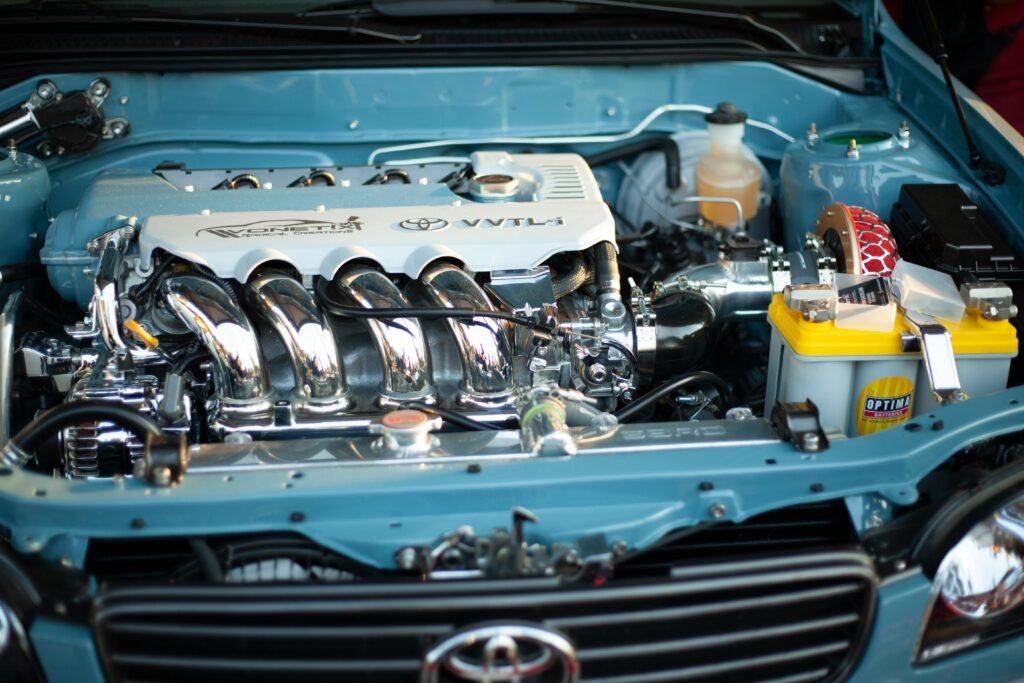
Exhaust systems also rely heavily on components made through stainless steel precision casting. These systems need parts that can resist high temperatures and corrosive exhaust gases over extended periods. Manifolds and exhaust valves, crafted using stainless steel, offer the necessary durability and corrosion resistance, making stainless steel precision casting an ideal choice for these applications.
Furthermore, the production of transmission parts such as gears, clutches, and housing is another area where stainless steel precision casting is invaluable. These parts must exhibit high wear resistance and dimensional stability to ensure smooth transmission operations. Precision casting with stainless steel provides the intricate detailing and robustness required, maintaining performance even under strenuous conditions.
Suspension systems, including links, arms, and connectors, also benefit from the advantages of stainless steel precision casting. The strength and flexibility required for these components are readily achievable with stainless steel, which can endure the constant stress and strain experienced by vehicle suspension systems. Precision casting techniques allow for the creation of these complex shapes with the necessary toughness and precision.
Last but not least, safety components such as seat belt mechanisms and airbag housings are frequently produced using stainless steel precision casting. These critical safety features require absolute reliability, which stainless steel provides, ensuring that the components function correctly in emergency situations.
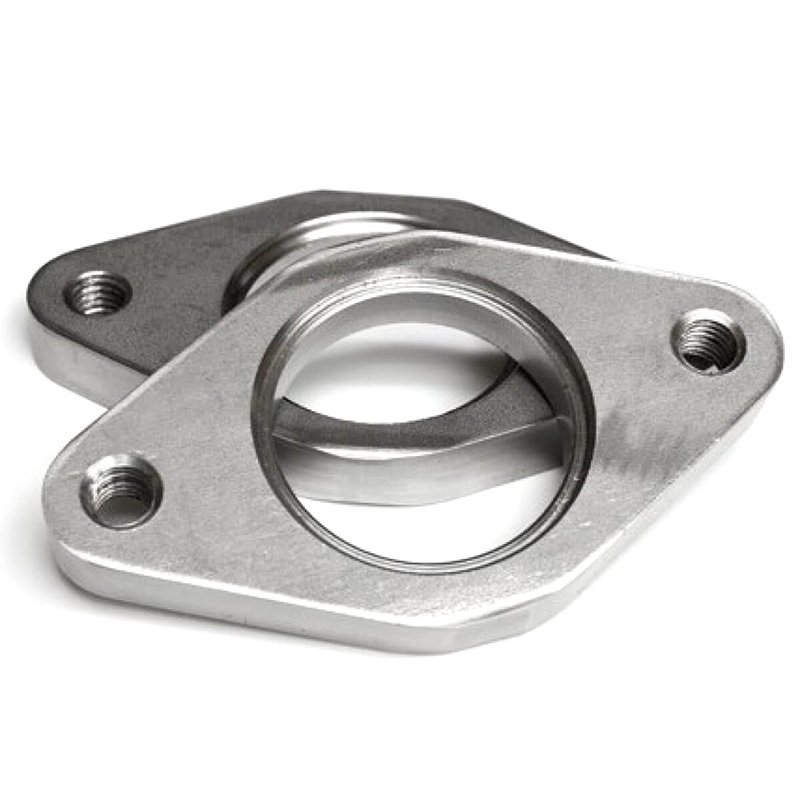
In the demanding environments of the oil industry, the resilience and precision of components are paramount for operational success and safety. Stainless steel precision casting emerges as a vital manufacturing process, providing robust solutions that can withstand the harsh conditions found in oil extraction and processing.
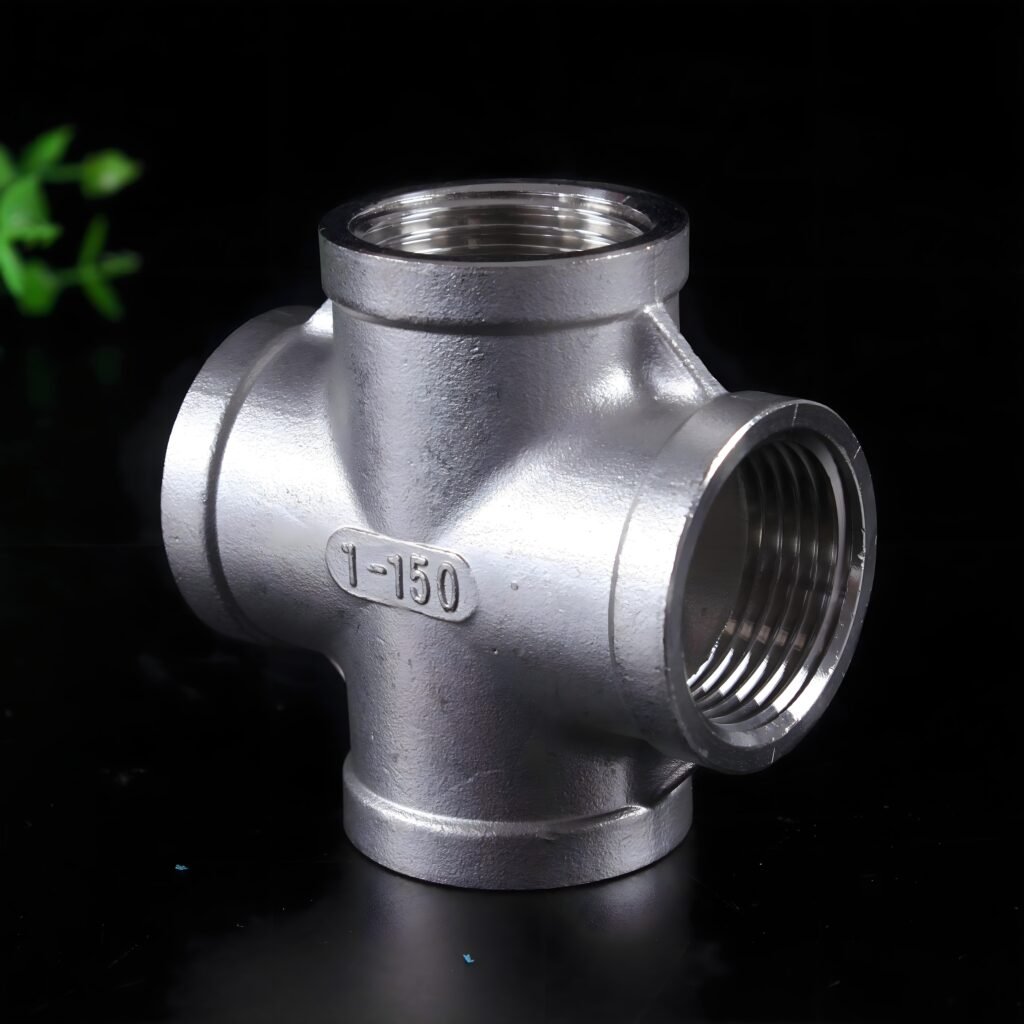
Valves and pumps are among the most crucial components produced using stainless steel precision casting for the oil industry. These items are essential for regulating the flow and pressure of oil and gas through pipelines and processing facilities. The inherent corrosion resistance and strength of stainless steel make it ideal for such applications, where exposure to corrosive fluids and high pressures is common. Stainless steel precision casting allows for the production of valves and pumps with complex internal geometries and fine surface finishes, ensuring they operate reliably under extreme conditions.
Pipe fittings and connectors are also produced through stainless steel precision casting. These components need to ensure a perfect seal to prevent leaks, which could lead to environmental hazards and operational disruptions. The precision achievable with stainless steel precision casting ensures that each fitting conforms precisely to specifications, providing secure and durable connections essential in oil pipelines and rigs.
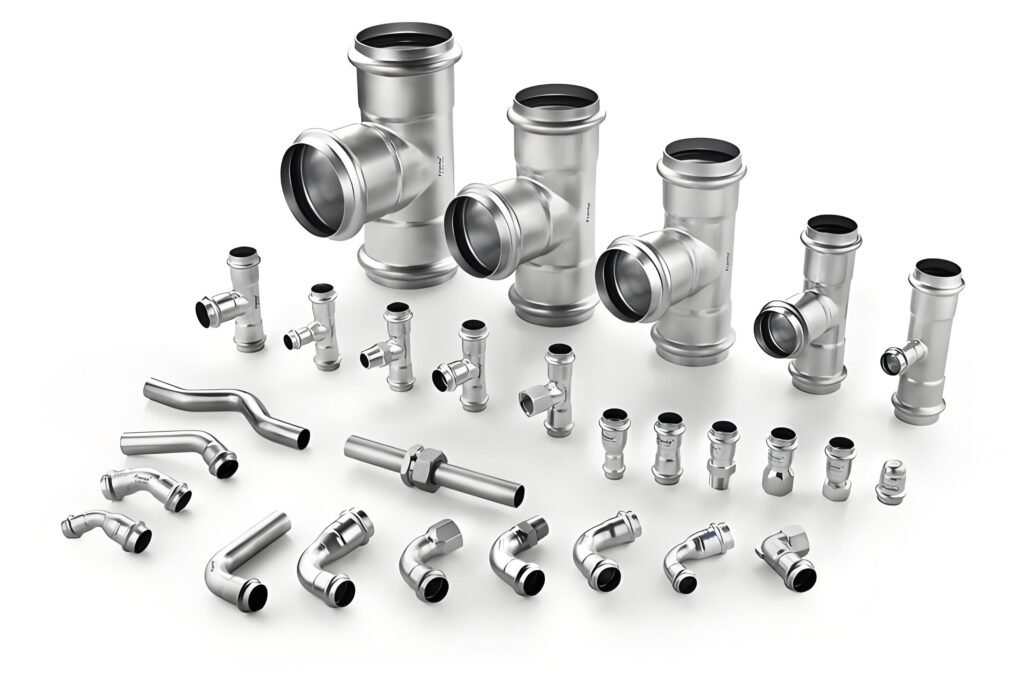
Drilling equipment components are another critical application within the oil sector that benefits from stainless steel precision casting. Parts such as drill bits, baffle plates, and fluid control components require the high wear resistance and toughness that stainless steel provides. Precision casting ensures these parts can endure the abrasive environment of drilling operations, maintaining integrity and functionality over extended use.
Moreover, offshore platforms utilise a plethora of components that are susceptible to marine corrosion, making stainless steel an ideal material choice. Structural supports, safety barriers, and hoisting equipment are frequently manufactured using stainless steel precision casting, ensuring they remain resistant to the corrosive saltwater environment while providing the necessary strength and durability.
Safety devices, such as emergency shut-off valves, which are critical for preventing accidents in volatile environments, also rely on the integrity provided by stainless steel precision casting. These components must perform flawlessly in emergency situations, and the reliability of stainless steel precision casting guarantees their operational readiness when needed most.
The arms industry, with its stringent requirements for precision, reliability, and durability, heavily relies on stainless steel precision casting to meet its exacting standards. This manufacturing process is ideal for creating high-strength, complex components essential for both personal and military-grade weaponry, where failure is not an option.
Firearm Components: One of the primary applications of stainless steel precision casting in the arms industry is in the manufacture of firearm components. Critical parts such as triggers, hammers, and receiver components are often made using stainless steel to ensure they withstand repeated use and harsh conditions without degradation. Stainless steel precision casting allows for the intricate details and tight tolerances needed for the precise mechanics of firearms.
Optical Device Mounts: For military and hunting applications, the mounts and frames for scopes and other optical devices are typically produced through stainless steel precision casting. The method’s ability to achieve exact specifications ensures that these mounts provide a stable and durable platform for precision optics, crucial for maintaining accuracy over long distances.
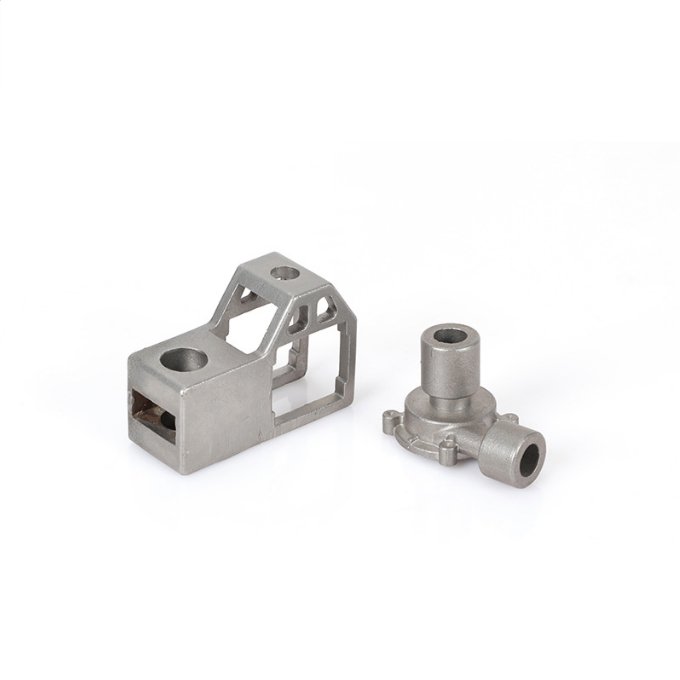
Internal Mechanisms: Many internal mechanisms within military hardware, such as the locking mechanisms in automatic rifles or the sear and firing pin interfaces, are also made using stainless steel precision casting. The wear resistance and strength of cast stainless steel are vital for the longevity and reliability of these components, which must operate flawlessly under the stress of rapid, repeated use.
Bayonet Fittings and Knife Handles: Beyond firearms, stainless steel precision casting is used to produce robust and durable fittings for bayonets and handles for combat knives. These items require a material that is not only tough and durable but also resistant to corrosion when exposed to harsh environments.
Protective Gear Components: In personal armour, such as ballistic vests and helmets, stainless steel precision casting is used to create various fasteners and reinforcement plates. These components benefit from the high impact resistance and strength of stainless steel, ensuring that they provide maximum protection while maintaining a manageable weight.
Vehicle Armour Components: The armoured vehicles used in military and security applications often incorporate stainless steel precision cast parts in their assembly. These parts include door hinges, locking mechanisms, and protective inserts, all of which contribute to the vehicle’s overall integrity and resistance to external impacts.
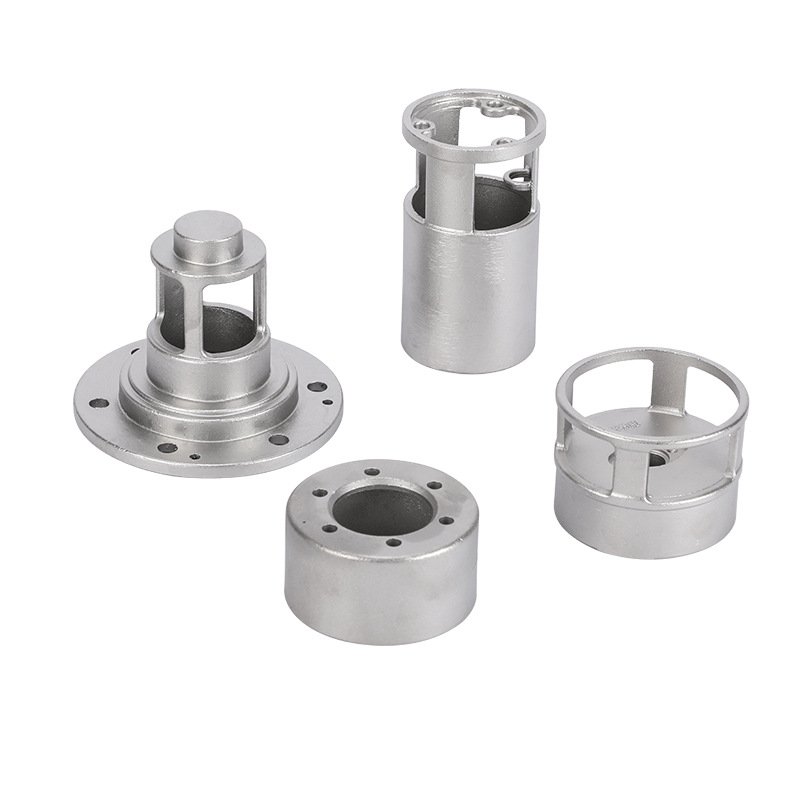
The railway industry, with its extensive demands for durability, safety, and precision, extensively utilises stainless steel precision casting for the production of various critical components. The inherent properties of stainless steel combined with the precision offered by the casting process make it an excellent choice for railway applications where reliability is paramount.
Rail Connectors and Couplings: Stainless steel precision casting is essential for manufacturing rail connectors and couplings that link carriages and wagons. These components must withstand significant mechanical stress and environmental exposure without failing. The robust nature of cast stainless steel ensures these parts can endure the continuous wear and vibration experienced during train operations, maintaining strong and secure connections between rail vehicles.
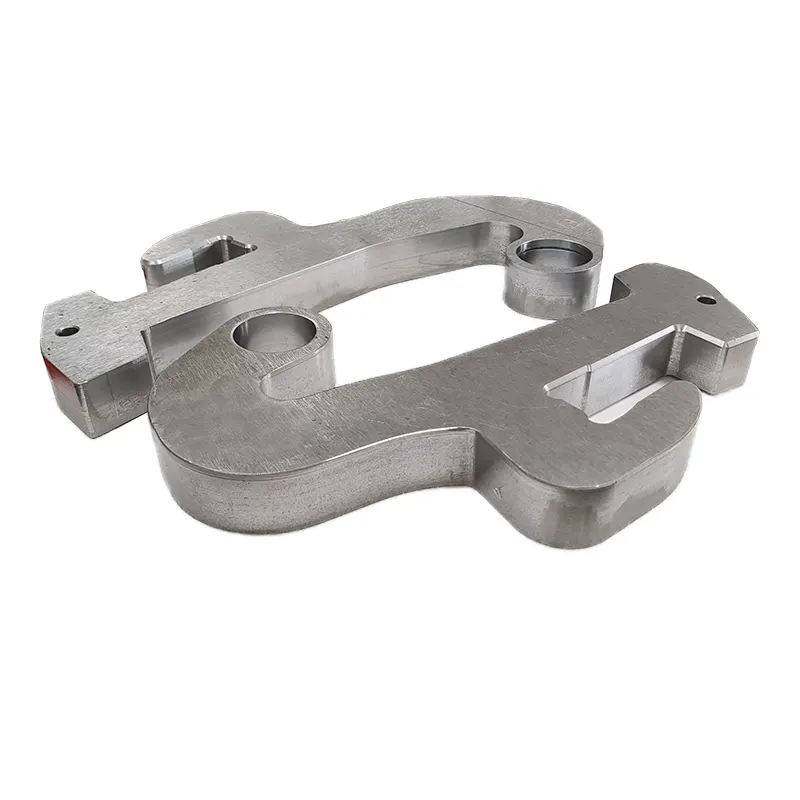
Braking System Components: Components of the braking system, such as brake discs, calipers, and housings, are often manufactured through stainless steel precision casting. These parts require high strength and resistance to thermal and mechanical wear, as they are crucial for ensuring the safety and operational efficiency of the trains. The precision casting process allows for the creation of these complex components with the exact tolerances needed for effective performance.
Undercarriage Parts: The undercarriage of railway vehicles includes a variety of components that benefit from stainless steel precision casting, such as suspension arms, axle boxes, and bearing housings. These parts must support the weight of the train and absorb shocks from track irregularities, requiring materials that are both strong and resilient. Stainless steel’s excellent fatigue resistance makes it ideal for these high-load applications.
Door Mechanism Components: For passenger trains, stainless steel precision casting is used to produce various parts of the door opening mechanisms, including gears, levers, and locking mechanisms. These components need to be reliable and durable to ensure passenger safety and convenience, properties that stainless steel provides.
Signal and Switch Gear: Stainless steel precision casting also finds applications in signal and switch gear components. These parts must perform flawlessly to maintain the safe and efficient movement of trains on the network. The corrosion resistance of stainless steel is particularly beneficial in outdoor railway applications, where components are exposed to harsh weather conditions.
Interior Fixtures and Fittings: Within the train interiors, stainless steel precision cast fittings such as seat frames, luggage rack supports, and door handles offer both aesthetic appeal and functional durability. These parts benefit from the clean finish and corrosion resistance of stainless steel, contributing to both the safety and comfort of passengers.
In conclusion, stainless steel precision casting plays an indispensable role across a multitude of industries, delivering components that meet rigorous standards of durability, precision, and performance. This casting process is pivotal not only in advancing technological capabilities in sectors like aerospace, automotive, oil, arms, and railway industries but also in ensuring operational safety and efficiency.
At A & M Manufacturing Company Ltd, we are proud to contribute to these advancements through our stainless steel precision casting capabilities. Our expertise allows us to produce components that are not just high in quality but tailored to meet the unique demands of each industry we serve. With a focus on maintaining the highest standards of production and leveraging the inherent benefits of stainless steel, we ensure that our castings offer superior performance and longevity.
Our commitment to excellence in stainless steel precision casting is reflected in our continuous investment in technology and process optimisation. This dedication ensures that A & M Manufacturing Company Ltd remains at the forefront of the casting industry, capable of addressing the evolving challenges and requirements of our diverse clientele.
Stainless steel precision casting is more than just a manufacturing process at A & M Manufacturing Company Ltd; it is a cornerstone of our commitment to innovation, quality, and customer satisfaction. As industries continue to evolve and demand more sophisticated solutions, we are ready to meet these challenges, providing reliable, high-quality stainless steel castings that drive the success of our clients’ projects and applications.